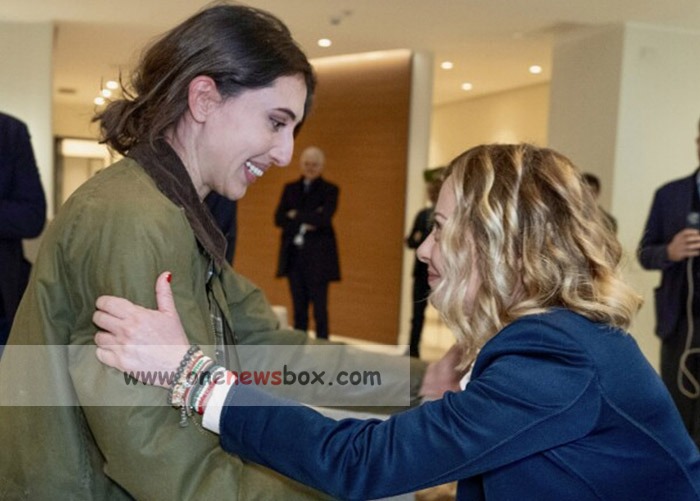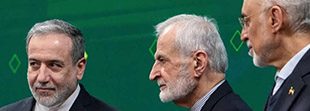For Italy, Sala’s detention posed a unique challenge. Balancing its commitment to protecting its citizens with broader diplomatic considerations required careful navigation. The eventual resolution—securing Sala’s release without compromising Abedini’s extradition process—suggests a deft handling of the situation. However, it also highlights the precarious nature of such negotiations, where success often hinges on timing, discretion, and mutual interests.
The Aftermath and Broader Implications
As Sala landed in Rome on Wednesday, a wave of relief swept through her family, colleagues, and supporters. Images of her descending alone from the plane captured a moment of triumph but also a poignant reminder of the ordeal she endured. While the details of her detention remain unclear, her return has reignited discussions about press freedom, human rights, and the role of journalists in documenting societal change.
For Iran, Sala’s release represents a calculated decision. Whether motivated by diplomatic pressure, a desire to deflect criticism, or a strategic shift, Tehran’s move signals its awareness of the international attention her case garnered. However, it also raises questions about the fate of other foreign nationals and dual citizens still detained in Iran. Organizations advocating for their release argue that sustained international pressure is crucial to ensuring their freedom.

